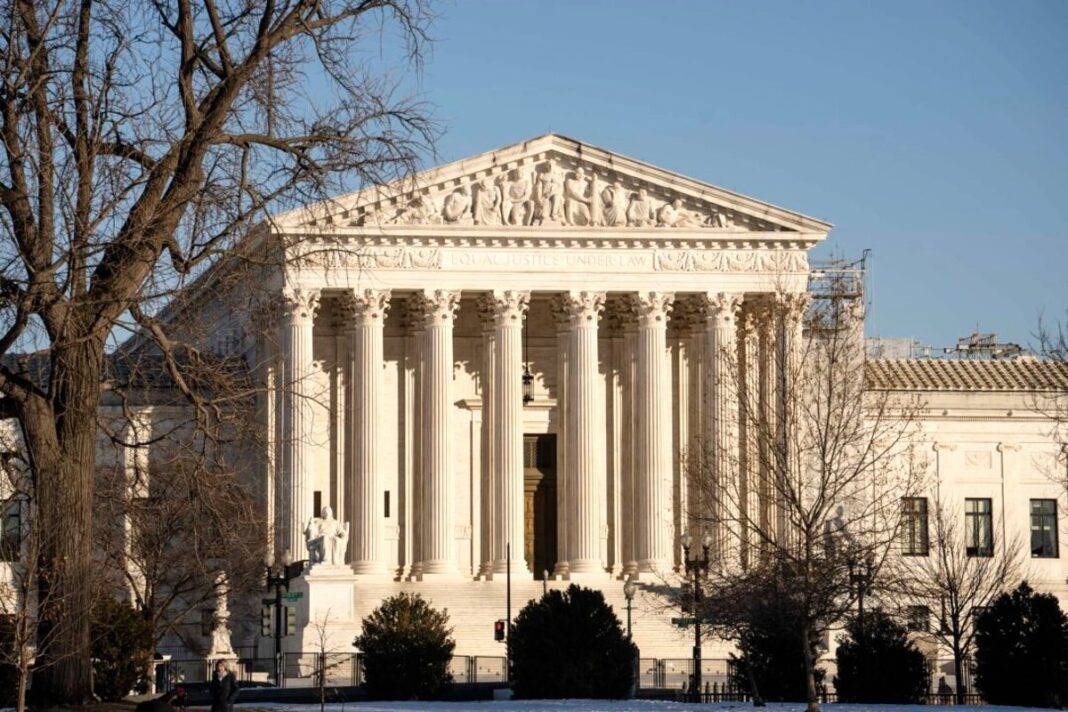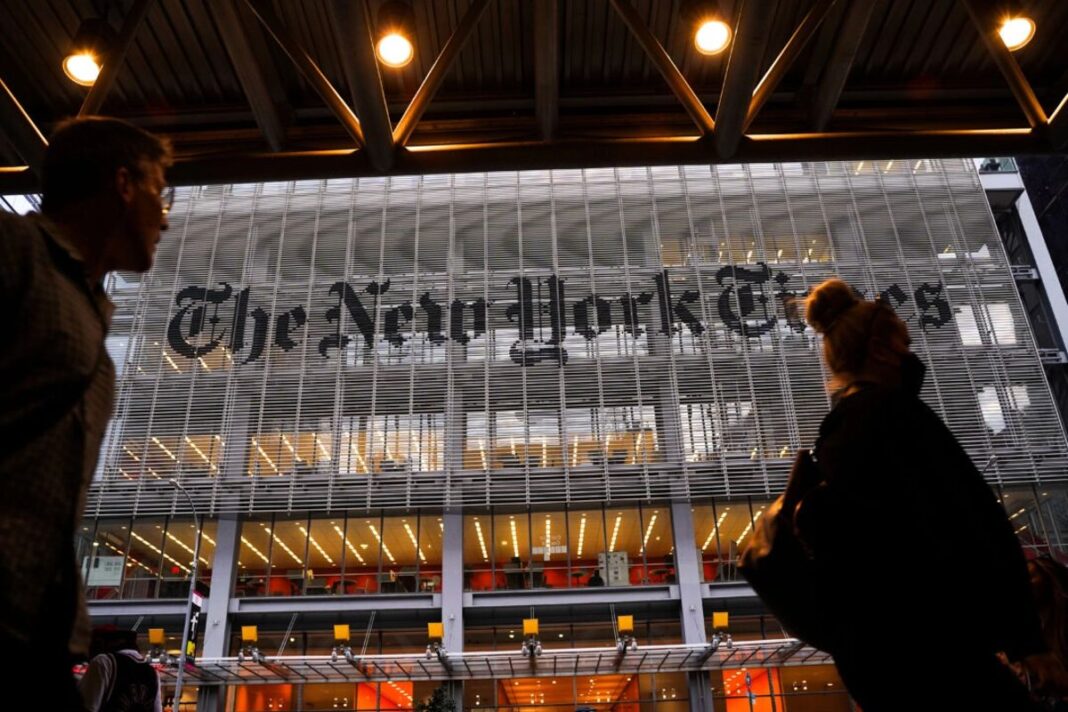
The Oklahoma Supreme Court ruled against the school in June 2024 after a state board approved the charter school.
The U.S. Supreme Court on Jan. 24 agreed to review a state court ruling denying authorization for the nation’s first publicly-funded religious charter school.
The nation’s highest court granted the petition in an unsigned order. The court did not explain its decision, and no justices dissented.
Justice Amy Coney Barrett did not participate in the case, and the court did not explain her recusal.
The school concerned is the St. Isidore of Seville Catholic Virtual School (SISVC), a K-12 school in Oklahoma City approved by the Oklahoma Statewide Charter School Board.
A charter school is a school that accepts funding from the government but operates independently, outside of the established state school system where it is located.
The petition that was filed in October 2024 said the Oklahoma Charter Schools Act permits most “private organizations” to found charter schools by making a contract with a sponsor, but religious organizations are not eligible.
“A sponsor may not authorize a charter school or program that is affiliated with a nonpublic sectarian school or religious institution,” the statute states. The charter school has to be “nonsectarian in its programs, admission policies, employment practices, and all other operations.”
The petition said the Oklahoma constitution provides that the state should maintain a “system of public schools … free from sectarian control.’”
In 2023, the Catholic nonprofit corporation St. Isidore of Seville Virtual Charter School Inc. was founded by the Archdiocese of Oklahoma City and the Diocese of Tulsa, according to the petition. The charter school offers “a learning opportunity for students who want and desire a quality Catholic education, but for reasons of accessibility to a brick-and-mortar location or due to cost, cannot currently make it a reality.”
The board approved the school’s application in June 2023. As one board member said at the time, the board had to approve the application because failing to do so would violate the U.S. Constitution’s Free Exercise Clause, which all board members had sworn to uphold, according to the petition.






